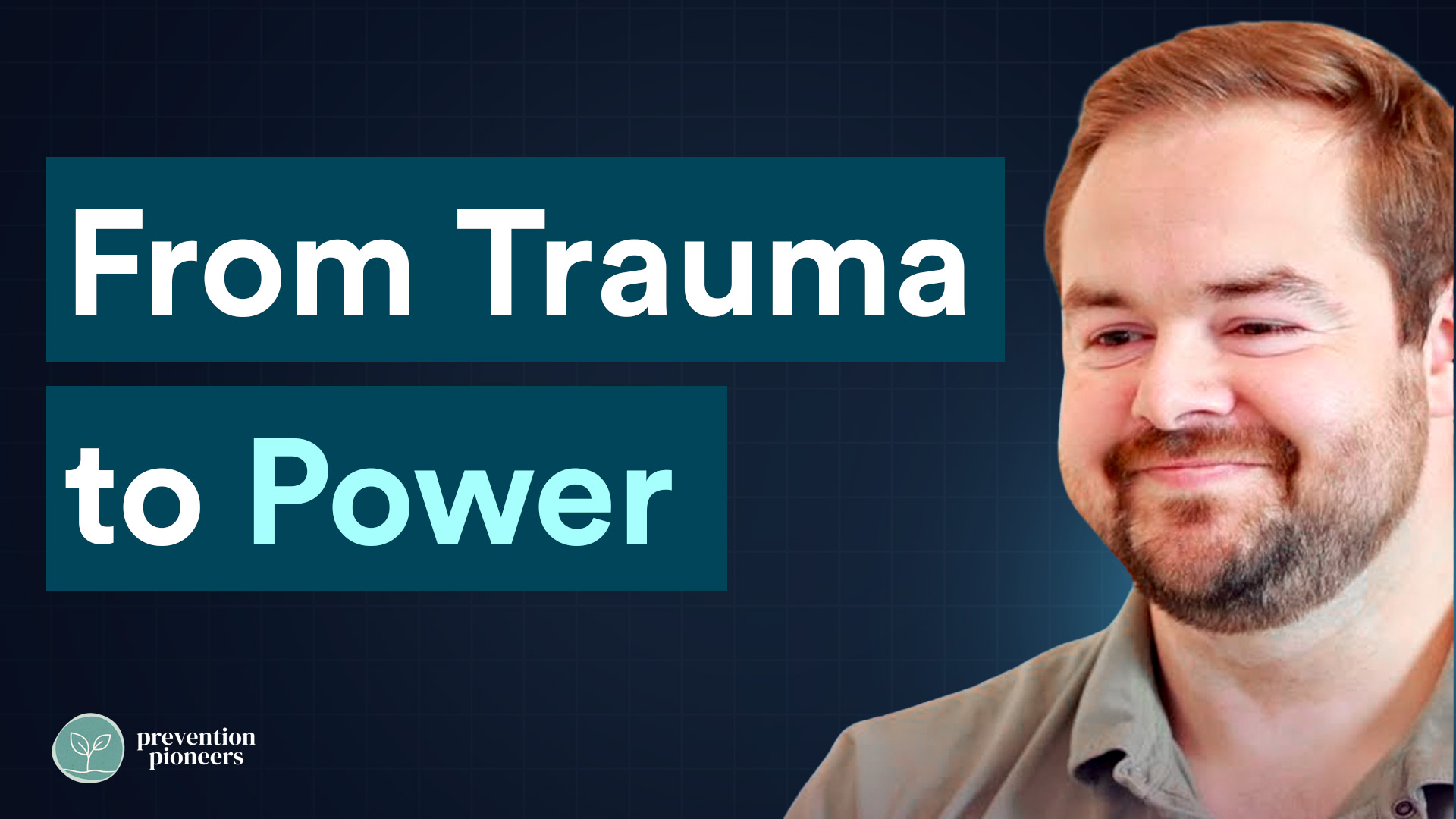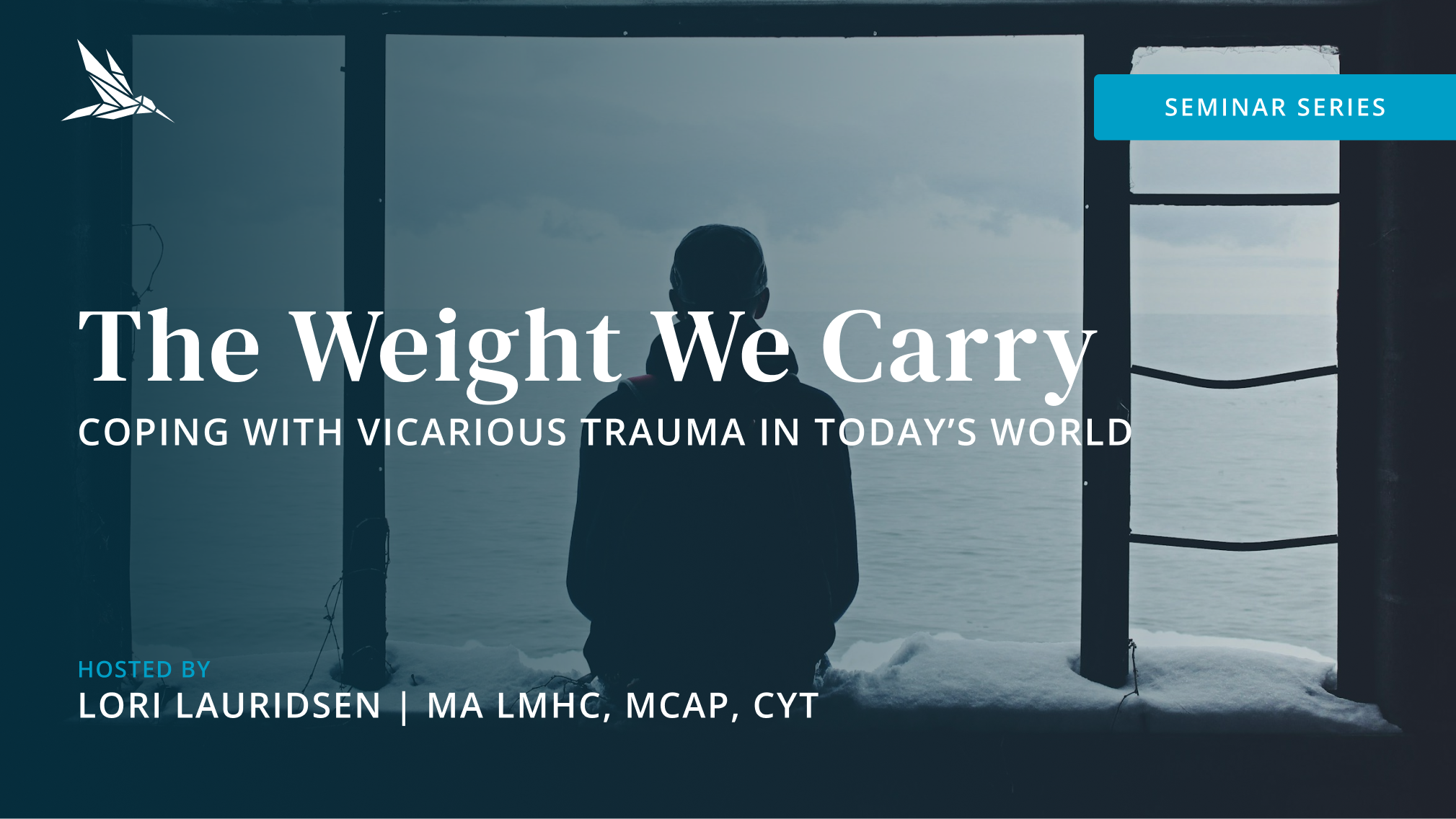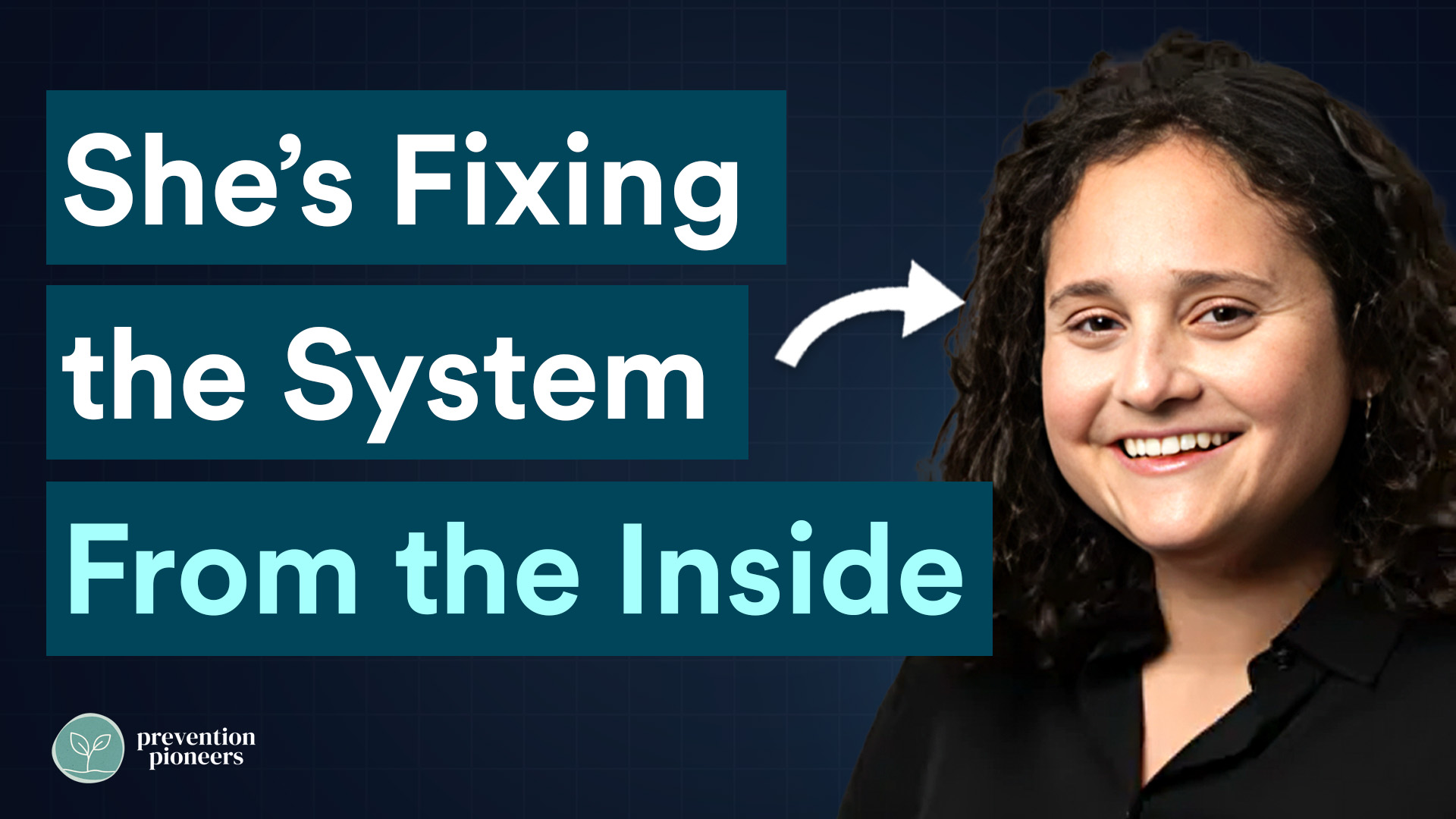The Power of Honest Leadership in a Broken System

In this episode of Prevention Pioneers, Laura sits down with Sims Tillirson, a corporate mental health messaging strategist, keynote speaker, and president of the board of directors for Pathways to Healing, a rape crisis center.
Sims takes us on a deeply personal journey, sharing how his experiences with trauma, substance misuse, and recovery have shaped his life and his career alike.
He also talks about how, in a world that often demands perfection, especially from men, his decision to share his story of childhood sexual abuse and CPTSD publicly became a game-changer. What began as a vulnerable post on social media about his struggles with substance abuse spiraled into a wave of professional opportunities, including keynote speaking engagements and consulting work with companies focused on mental health.
Finally, Sims discusses the crucial role that middle management plays in building mentally healthy workplaces. He breaks down how organizations can do more than just offer crisis intervention programs; they can empower their managers to create real, supportive cultures that prioritize mental well-being for all employees.
This discussion is all about embracing your authentic self, confronting your past, and using your pain as a source of strength.
Sims’ story is a testament to the power of vulnerability, and his insights on leadership, substance abuse recovery, and corporate wellness are nothing short of inspiring.
Keep reading to learn more about his journey.
Why Authenticity Is the Real Game-Changer
Sims wasn’t planning to create a career based on his personal struggles. But, as life would have it, his experience with childhood trauma, addiction, and recovery became the very foundation for his professional life. What started as a simple, raw LinkedIn post about his alcohol struggles turned into a career-changing moment.
By being open and vulnerable, Sims found an unexpected connection with others professionally and personally.
This is a key theme in his work: when we show up as our true selves, we not only heal ourselves and others but we also open doors to new opportunities. In a world where many are still afraid to show vulnerability, Sims stands as proof that being authentic at work is a true superpower.
Why Middle Management Is the Missing Link
While many organizations have started offering wellness programs, there’s still a massive gap in how we approach mental health at work.
Sims believes that middle management is the key to real change.
Too often, mental health conversations are handled at the top level, but it’s middle managers who are in the trenches, working day-to-day with teams. These are the people who witness the emotional struggles of employees, but they’re often underprepared and under-resourced to help.
And this is exactly why middle managers need more than just a few mental health resources, they need the tools to lead with empathy, emotional intelligence, and a clear understanding of how to support their teams. Giving them the right training and empowering them to care could be the game-changer we need to create a healthier, more open workplace culture.
Corporate Wellness Should Be More Than Just Crisis Response
Companies shouldn’t wait until they experience a crisis to address mental wellness. Instead, they should build a proactive culture of wellness that goes beyond EAPs or surface-level solutions.
True wellness involves creating a system that doesn’t wait for a breakdown to occur but instead supports people throughout their journeys, long before things escalate. It’s not about simply offering a few resources, but about creating an environment that fosters ongoing care, emotional well-being, and connection.
Vulnerability, Always
One of the most powerful things about Sims’ story is how his journey through addiction, trauma, and recovery has reshaped his understanding of leadership.
To him, recovery isn’t just about abstaining from substances, it’s about rebuilding your life, your relationships, and your sense of self.
And that’s where the connection to leadership comes in. Sims believes that the work we do in our personal healing can directly translate into how we show up as leaders. When we’re honest with ourselves, we’re better equipped to lead with empathy and resilience.
Final Thoughts
If we want to create work cultures where people feel seen, heard, and supported, we have to start by leading with authenticity and vulnerability. We need to empower middle managers, take mental health seriously, and build systems that foster long-term well-being, not just crisis management.
We discuss all of this in more detail in this episode, so make sure to tune in if you want to catch the whole conversation!


